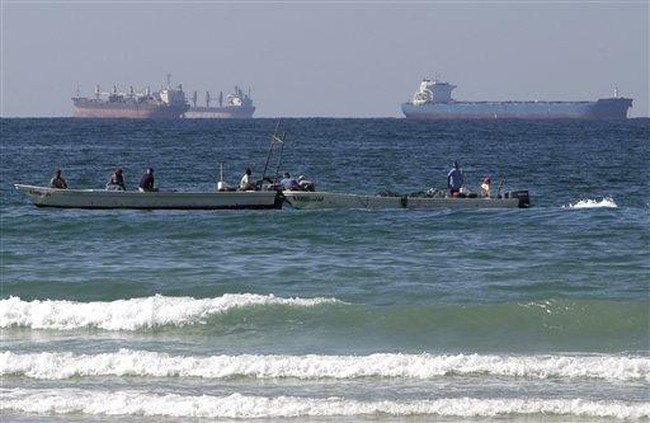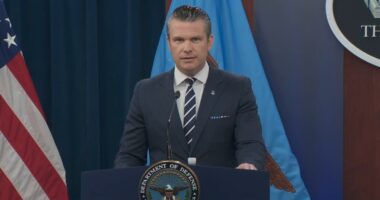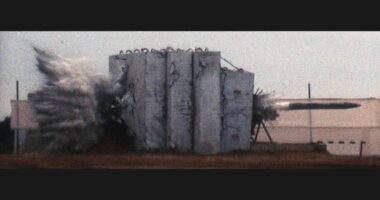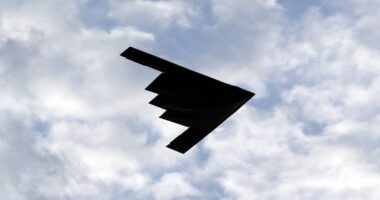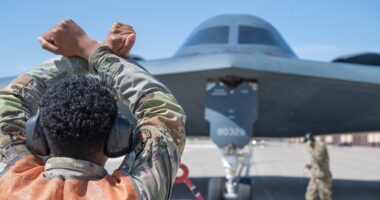
After President Donald Trump’s “Operation Midnight Hammer” strike on Iranian nuclear facilities, the Iranian Parliament has voted to close the strategic Strait of Hormuz. The final decision will be made by the Supreme National Security Council, as reported by Iran’s Press TV.
Trump announced the successful attack on Truth Social, saying that all aircraft had left Iranian airspace following the operation, which marked the first US strike on Iranian territory.
With the focus now on Iran’s response, speculation surrounds how “Supreme Leader” Khamenei will react. One of the potential actions discussed is Iran’s threat to block the vital Strait of Hormuz, a crucial passage for 20% of the world’s daily oil shipments. Iran’s Foreign Minister Seyed Abbas Aragchi mentioned that Iran has various options available regarding the strait.
Here’s more on the Strait of Hormuz, via Reuters:
The first question to ask is whether Iran is actually capable of seriously disrupting or blocking the Strait of Hormuz.
The answer is probably yes. Iran could attempt to lay mines across the Strait, which is 55 km (34 miles) wide at its narrowest point. The country’s army or the paramilitary Islamic Revolutionary Guard Corps (IRGC) could also try to strike or seize vessels in the Gulf, a method they have used on several occasions in recent years.Moreover, while Hormuz has never been fully blocked, it has been disrupted several times.
During the 1980s Iran-Iraq war, the two sides engaged in the so-called “Tanker Wars” in the Gulf. Iraq targeted Iranian ships, and Iran attacked commercial ships, including Saudi and Kuwaiti oil tankers and even U.S. navy ships.
The good news is, according to Forbes, U.S. oil imports from the Middle East hit a record low in 2024, falling below double digits for the first time in more than three decades. The bad news is for countries that rely heavily on oil from the Middle East, most notably, China — which makes closure of the Strait a potential international issue.
ALSO CHECK OUT: ‘Operation Midnight Hammer’ Was a Flawless Success – SecDef Hegseth, CJCS Caine Speak From the Pentagon
While the coming days will likely be volatile (both with respect to the conflict itself, as well as behind-the-scenes negotiations), one thing is certain, in my sometimes not so humble opinion, which I’ll put this way:
As expected, a multitude of social media keyboard jockeys are celebrating the U.S. attack on Iran as if it’s Christmas morning. While I strongly supported the attack, it was not the beginning of the end of the conflict; it was the end of the beginning.
